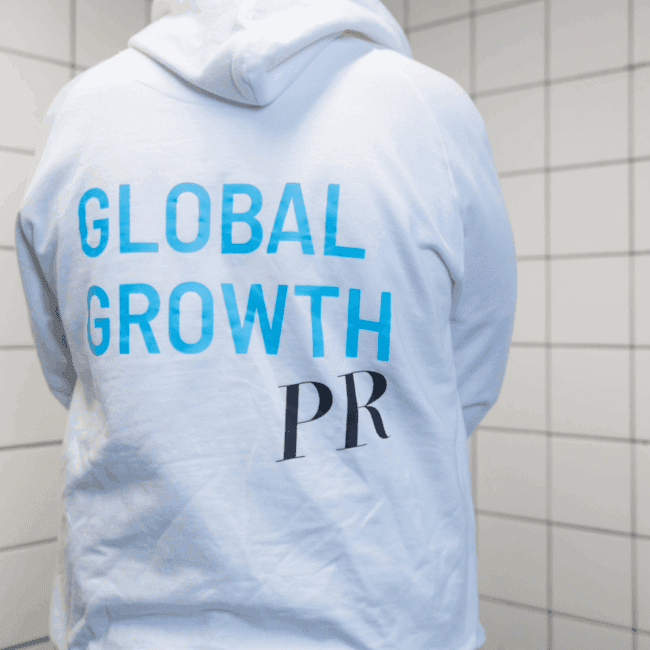We are often asked what PR really means and why companies should invest in it. While many people have heard of PR, its true essence and significance might remain shrouded in mystery. In this blog post, we’ll uncover what PR is, what it involves, and why it’s important in today’s business world.
What are the Three fundamental aspects of PR?
Media relations: PR professionals help your company build relationships with journalists. Through strong media relations, your company’s brand and experts become familiar to journalists, making it more likely for the media to write stories about you and seek your opinions on various topics. Building media relationships aims to increase the credibility and visibility of your company.
Earned media: When your company is mentioned in the newspapers, it’s called earned media. Earned media is obtained through strong media relations, and although building those relationships is a lengthy process, you start seeing results from the very beginning. When your brand and story haven’t been in the spotlight yet, the media can be more eager to pick them up. PR professionals can help your company find the angles that interest journalists, and their deep understanding of the journalism field and knowledge about the relevant journalists is key to getting results you want.
Brand building: PR is primarily brand building. PR professionals can help you identify key communication elements and build your brand through earned media in line with your business goals. PR work is almost a necessity for a brand that wants to be credible. Would you trust a brand that has no mentions in the media?
Why should companies invest in PR?
Now that we’ve demystified PR, let’s explore why companies invest significant resources in it:
To earn trust: Let’s revisit the core purpose of brand building. Every company wants to be seen as reliable in the eyes of potential customers, and strategic, long-term PR work is perhaps the most important factor in this regard. When people trust you, they’re more likely to choose your products or services.
To accelerate website traffic and sales: PR isn’t just about making friends – it’s also about getting customers. When your business gets featured in the media, usually more people visit your website. And when more people visit, you have a better chance of selling your stuff. Remember to optimize your website and place CTAs (Call to Actions) strategically. PR work passes the ball to you, and your website finishes the game.
To achieve cost-effective marketing: Building brand awareness is often thought to be very expensive, but it doesn’t have to be. PR, in fact, is a cost-effective way to build a brand if it’s done in a strategic manner. With PR, you don’t have to buy advertising space because earned media is essentially free media. The only cost is the PR agency, and even that is a small expense, considering the monetary value of earned media from just one campaign can be worth tens of millions of euros.
To create a need for your service/product: PR is one of the most effective ways to build thought leadership, which in turn creates opportunities to highlight the important issues in your industry. Thought leaders shape people’s opinions and generate needs. Creating a need is, in turn, one of the cornerstones of marketing.



